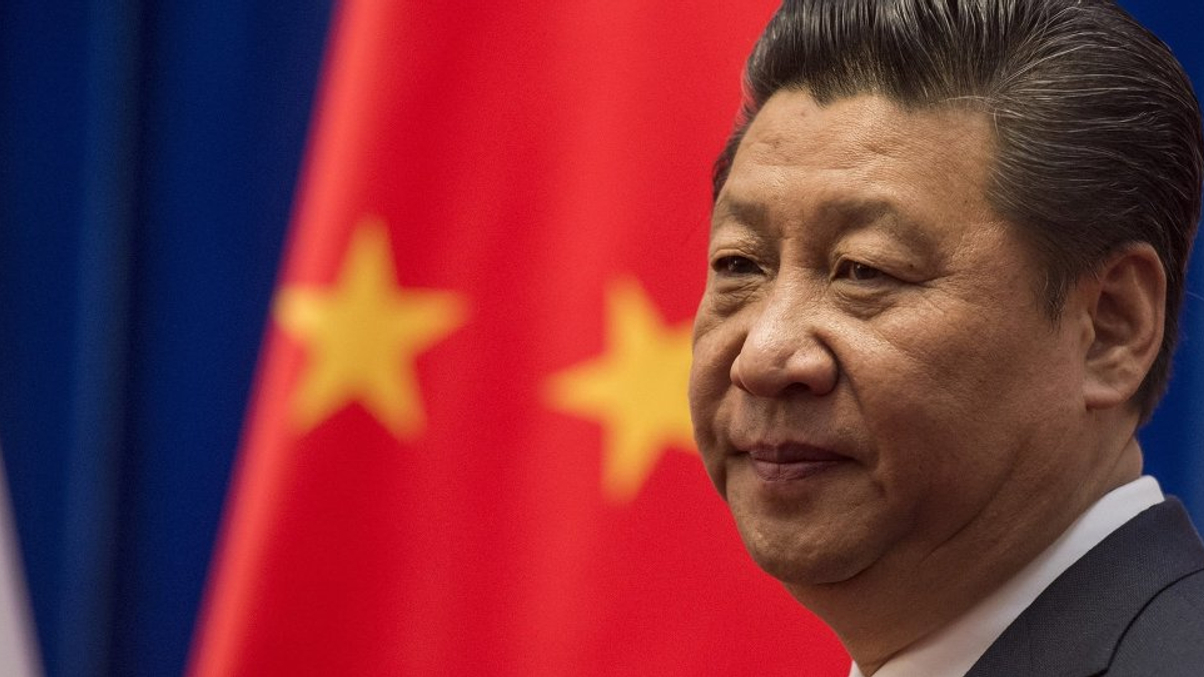New economic team, reg revamp bring in Xi's reform allies
A new economic team and a far-reaching regulatory revamp kick off Xi Jinping's second term in office. They suggest market reforms remain on the agenda.

The appointment of new individuals to China's economic team, combined with its biggest regulatory revamp in over a decade, indicates that market reforms are likely to continue, albeit at a relatively gentle pace, economists, fund managers and political analysts told AsianInvestor.
Sign in to read on!
Registered users get 2 free articles in 30 days.
Subscribers have full unlimited access to AsianInvestor
Not signed up? New users get 2 free articles per month, plus a 7-day unlimited free trial.
¬ Haymarket Media Limited. All rights reserved.


